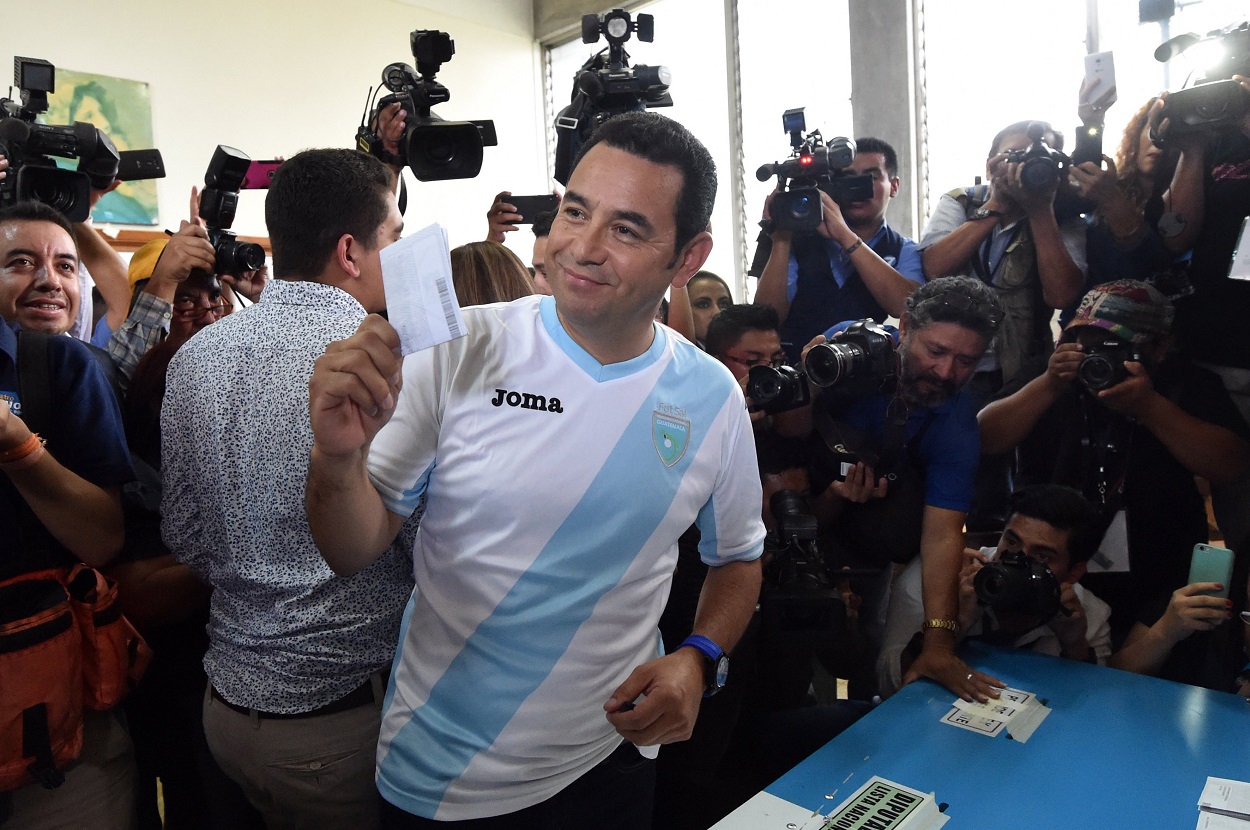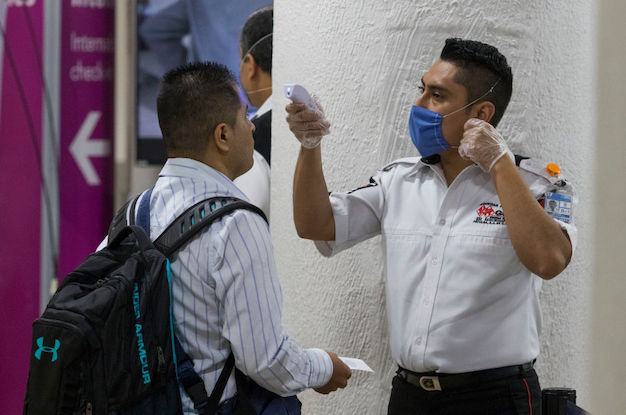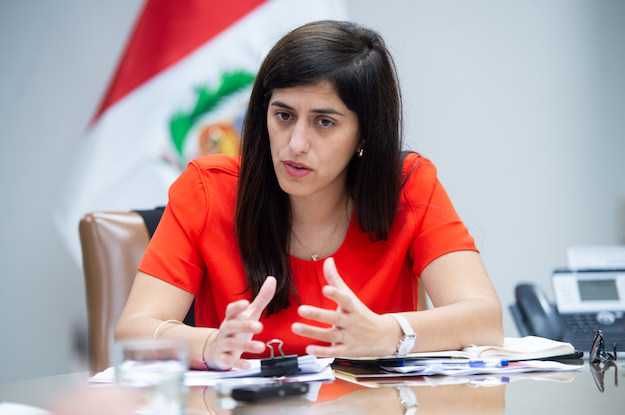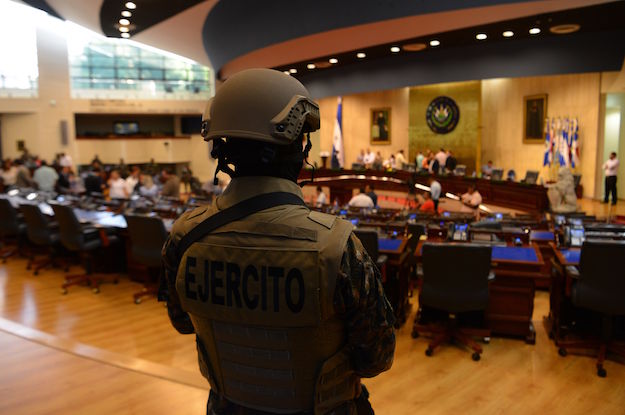The story may sound familiar.
A television star supported by evangelical Christians becomes president. His family is accused of taking advantage of his position for profit. An investigation explores alleged illicit activities that occurred during his presidential campaign. A smear campaign initiated by the president takes aims to discredit and ultimately remove his investigator. A strategy of distraction takes aim at journalists and judges. There are even accusations of Russian inference. Meanwhile, the country teeters dangerously close to constitutional crisis.
This story starts in 2015 – in Guatemala. There, a television comedian named Jimmy Morales, rose to power on an anti-corruption platform with the slogan “neither corrupt nor a thief,” a Guatemalan “drain the swamp.” Ironically, Morales’ primary political ambition has evolved from rooting out corruption to expelling an anti-corruption commission called the International Commission Against Impunity in Guatemala, commonly known as CICIG (for its Spanish acronym).
Morales initially supported CICIG, a partnership between the United Nations and the Guatemalan government that pairs international investigators with Guatemalan prosecutors. But CICIG’s investigations soon circled close to Morales’ family and associates. In January 2017, the president’s son and brother were arrested and charged with money laundering and fraud, respectively, for seeking reimbursement for a series of presidential events that never occurred. Then in August of that same year, CICIG and then-Attorney General Thelma Aldana announced an investigation into undeclared contributions to Morales’ presidential campaign. Two days after CICIG and Aldana’s office asked Congress to remove Morales’ immunity from prosecution, Morales declared Iván Velásquez, CICIG’s head, a “persona non grata.”
This move kicked off what some are calling a slow-motion coup. Shortly thereafter, Morales held a press conference and, flanked with military strongmen, announced that he would not renew CICIG’s mandate, which was set to expire in September 2019. He also sought to bar Velázquez from re-entering the country. In a striking rebuke to Morales, Guatemala’s Constitutional Court ruled that Morales must re-admit Velázquez. Since then Morales has repeatedly defied this and other pro-CICIG rulings by the Constitutional Court, revoking work visas of CICIG employees and preventing a CICIG investigator from entering the country. Then, on Jan. 7, Morales formally announced his expulsion of CICIG, effective immediately. Both the United Nations and the Constitutional Court have rejected this decision. Now, Congress— many of its members are closely aligned with Morales— is working to remove three of the Constitutional Court judges who have consistently ruled in favor of CICIG.
Morales had reason for concern. CICIG’s investigations into corruption have landed three former presidents behind bars. Indeed, Morales came to the presidency on the heels of the ousting of Otto Pérez Molina, who stepped down after CICIG uncovered his multimillion-dollar customs scam and thousands of Guatemalans took to the streets in protest. But Morales has a not-so-secret weapon that could help him escape the same fate: A similarly situated counterpart in Washington who may sympathize with his plight.
Historically, the United States has been a fervent supporter and the biggest funder of CICIG. When Pérez Molina threatened to end CICIG’s mandate in 2015, U.S. Vice President Joe Biden persuaded him to renew it, tying the decision to one billion dollars in U.S. aid. And many credit U.S. Ambassador Todd Robinson’s support as the reason that CICIG was able to proceed with its investigation of Pérez Molina.
Now, breaking with past U.S. foreign policy, the Trump administration has turned a blind eye, failing to condemn Morales’ expulsion of CICIG and thus tacitly supporting his efforts. Morales won over Trump in part by following Trump’s lead and relocating Guatemala’s embassy in Israel to Jerusalem. Morales’ son and brother even obtained special leave from the Guatemalan judge presiding over their corruption case to attend the opening of the Guatemalan embassy in Jerusalem. And, oddly, last April, U.S. Senator Marco Rubio, through his role on the U.S. Senate Appropriations Committee, put a hold on $6 million in U.S. funding for CICIG, citing concerns of possible Russian infiltration of the commission.
The great irony is that Trump’s support for Morales is at odds with his chief campaign promise to curtail immigration from south of the border. Experts have concluded it is the pervasive corruption and the violence orchestrated by criminal networks, which CICIG investigates, that fuel many Guatemalans’ desire to migrate North. CICIG is widely viewed as the nation’s best tool for combatting impunity in Guatemala – one study found that around 70 percent of Guatemalans have trust in CICIG, more than any other Guatemalan institution — and is credited with a 5 percent decrease in the country’s murder rate annually since its inception in 2007. However, since last year when the slow-roll coup began, the U.S. Customs and Border Patrol reports that the number of Guatemalan families detained at the border has nearly doubled. This is at a time when immigration to the United States from most Latin American countries appears to be declining.
For those seeking to preserve the anti-corruption agenda of CICIG, hope comes in the package of the former Attorney General Thelma Aldana, one of the most popular political figures in Guatemala. Aldana, who with the support of CICIG brought corruption charges against the past two Guatemalan Presidents, now hopes to succeed them. With the next election set for this June, if Aldana wins, the CICIG will have what it has never had: An anti-corruption pioneer in the executive.
—
López is an associate professor of law at Drexel University’s Kline School of Law. She has researched transitional justice in Guatemala, first as a Fulbright Scholar and then a fellow at the Schell Center for International Human Rights at Yale Law School. Her most recent article on Guatemala, Post-Conflict Pluralism, was published in the University of Pennsylvania Journal of International Law.








